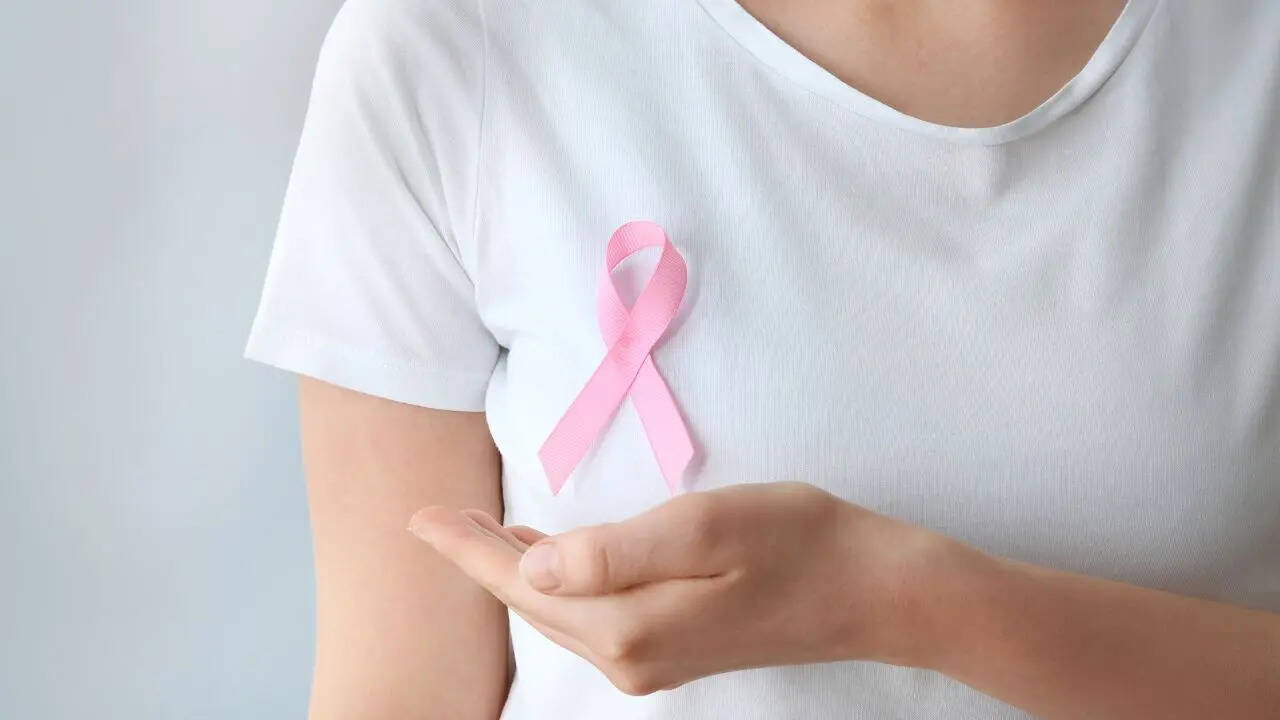Breast Cancer Awareness Month: Can Cosmetics Influence Your Breast Cancer Risk? Expert Reveals

Credits: Canva
SummaryBreast Cancer Awareness Month highlights prevention, questions arise about whether everyday cosmetics may influence cancer risk. We got in touch with a health expert who explains the possible link between cosmetics and breast cancer, areas of higher absorption, long-term risks, and why women should consider safer alternatives for personal. Keep reading for more details.
End of Article
